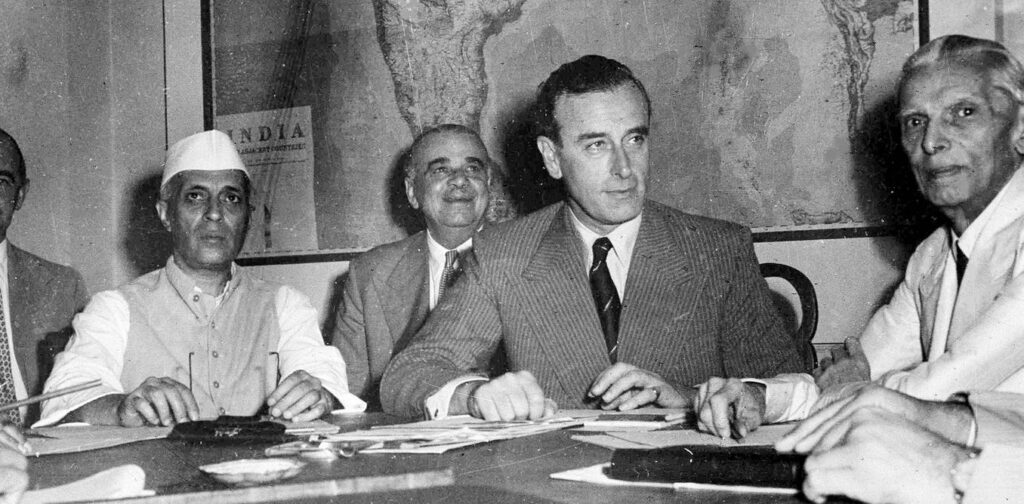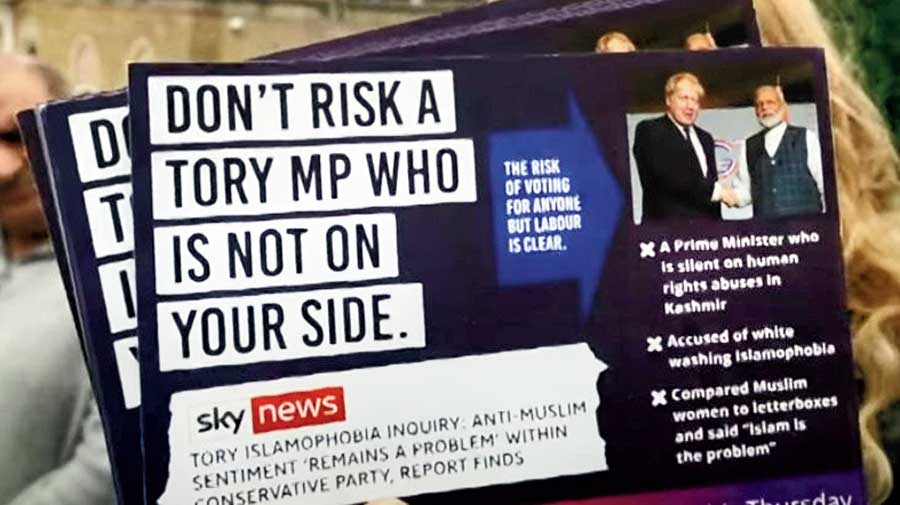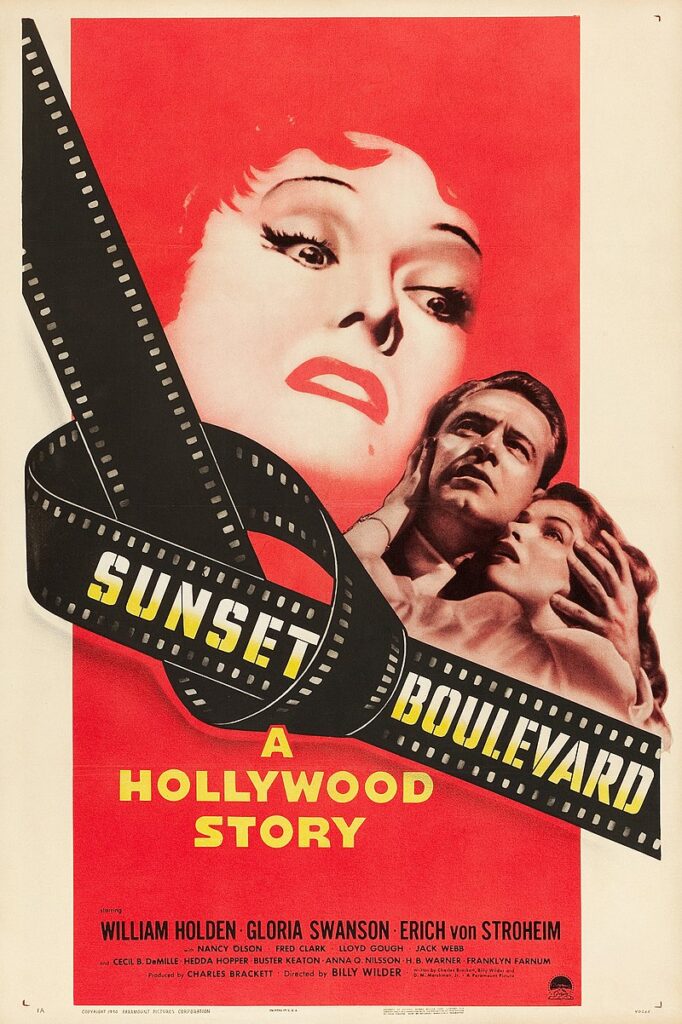Following the close of the Labour Party in the Batley and Spen by-election. An attempt to unpick the campaign, draw lessons and their applications to Tower Hamlets.
There was once the Party of Labour
“He had come a long way to this blue lawn, and his dream must have seemed so close that he could hardly fail to grasp it. He did not know that it was already behind him….”
The Great Gatsby – Edward F Fizgerald
Once upon a time, there was the Labour Party, which was seen as the party of the working man, ruling in the interests of the working classes. A semi-mystical bond existed between Labour voters and the local and national Labour leaders. They, the Labour Party would govern in the interest of voters, in return without question time and time again working-class communities as a matter of tradition will vote for the Red Rosette without any question.
Both saw government as a force for good and understood that it must act as a master and not a servant in its relationship with the market. This meant controlling market forces, not allowing them to let rip. Prioritising tangible issues of full employment, growth over imaginary graphs on a trading screen. A deep-seated belief in the capacity of public institutions to improve people’s lives — and the duty of democratically-elected politicians to drive such improvements. Fast-forward now to the 21st century, the factories, shipyards, the docks are gone but the communities that supplied the labour are still there, left behind by the government, the Labour Party. All beholden to the interests of bankers and multinationals over ordinary working people.
In the age of the Smartphone
“The soviets had another advantage. They knew better than anyone how to arm illiterate peasants with cheap, reliable, user-friendly weapons… It was not long before the AK-47 became the Marxist guerrilla’s weapon of choice.”
The War of the World: History’s Age of Hatred – Niall Ferguson
Politicians, media houses and bureaucrats no longer have a monopoly on the creation and distribution of information. As happened in the wars of liberations of the 20th century, technology has equalised the relationship between the consumer and the once producers of information. In the wars of liberation, the introduction of the AK-47 gave parity to subsistence farmers and broke the monopoly of violence of professional colonial army opponents.
In the 21st century global economy, the smartphone has allowed subsistence consumers to research, generate and distribute information. Giving parity between the voters and the politicians. Looking at the current approach and campaign of the Labour Party, they are trying to recreate the past of the passive and captive Labour voter. An ever-shrinking section of the electorate, given the increasing turnover of voters between political parties.
Revisiting Empire – Partitioning the working class

Batley saw a return to the worst of dog-whistle politics, with the Labour Party partaking in its fair share. On the one hand, in the private briefings to the press, they trumpeted Islamophobic tropes, for example, that Muslims were inherently antisemitic. On the other, distributing dog whistle leaflets playing up divisions between the Pakistani and Indian communities. Instead of unifying the Labouring classes with a message of solidarity, they are partitioned into silos and set against each other. Just like Mountbatten in the last days of the British Raj, leaving behind divided communities and an ever-growing pool of animosity.

Encomium to Tower Hamlet’s Norma Desmond
“Hegel remarks somewhere that all great, world-historical facts and personages occur, as it were, twice. He has forgotten to add: the first time as tragedy, the second as farce.”
― Karl Marx, The Eighteenth Brumaire of Louis Bonaparte
Back in Tower Hamlets, we have the upcoming local elections. Will we have a repetition of the horrors of Batley and Spen with divisive and dog-whistle politics. Will we have a rerun of Sunset Politics, with competing Norma Desmond’s, former silent film stars, painfully trying to make a comeback in the age of talking pictures? You see, they are still big, it’s the politics that got small. While the above picture plays out, its the audience that suffers, trapped in poverty while being a bit-part player in other people’s fantasy.
“Joe Gillis: I didn’t know you were planning a comeback.
Norma Desmond: I hate that word. It’s a return, a return to the millions of people who have never forgiven me for deserting the screen.”
— Norma Desmond, Sunset Boulevard




Recent Comments